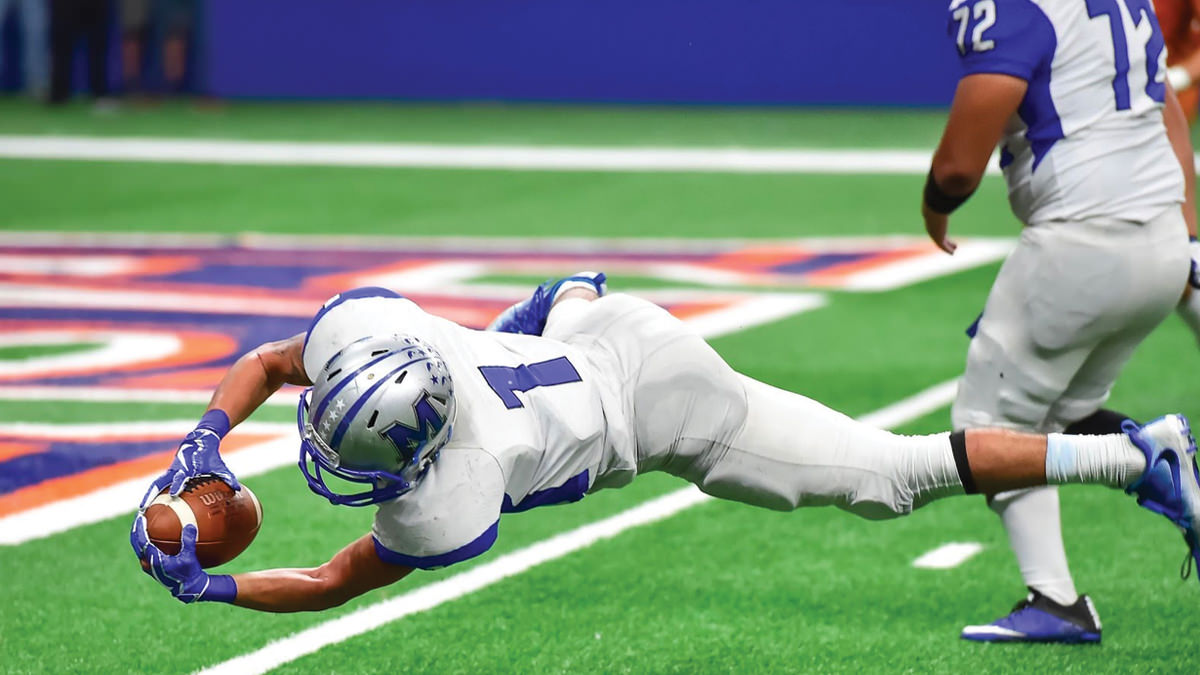
There’s nothing like a “super-mega-hydropower-bolic-swole-gain 9000” supplement that can turn you into someone like Incredible Hulk; probably, there’ll be in the future, but for now, there’s none yet. Even so, there are supplements that can take your football game to the next level, as long as you take them properly.
Check them out here.
Sports supplements
There are different sports supplements for various purposes, as categorized below:
- Supplements for nutrient deficiency treatment or prevention. Used because many players are susceptible to diseases like anemia or muscle and bone injuries due to micronutrient deficiency.
- Supplements for energy production. Used to provide more energy in the recommended ratio of carbohydrates, protein, and fat.
- Supplements for direct performance enhancement. Used to offer a marginal performance gain.
- Supplements for indirect performance enhancement. Used to indirectly enhance the players’ performance by supporting the players’ overall health and recovery.
Here are must-have supplement examples of the mentioned categories of sports supplements.
Vitamin Packs
Micronutrient is one of our bodies’ metabolic regulators, which play crucial roles in both male and female athletes’ physiological processes. These vitamins allow players to execute their optimum explosive and maximal strength both in their training and sport performances.
Hence, the demand for vitamin packs for men and women, who are either physically-active individuals or professional athletes, is now the focal point of the global dietary supplements market.
Additionally, one of the reasons why vitamin packs are recently breaking through the clutter in the market is because there’s an increasing percentage of athletes who are vitamin D deficient. Research shows that many professional players who are low in vitamin D tend to suffer from bone fractures and injuries, like sports hernia.
Having excellent bone health and immune function is necessary during the players’ training and overall athletic performance. Without enough vitamin D, you may not be able to achieve these two attributes. Vitamin D plays a significant role in our bodies’ calcium absorption, optimal function of our immune system, and musculoskeletal structure and function.
Sure, sun exposure during training two-a-days will make you confident of having adequate Vitamin D. On the other contrary, if it’s during the off-season and you’re holed up indoors, you probably need vitamin D supplementation.
In a nutshell, vitamin deficiencies impair both exercise and athletic performance. However, needless to say, vitamin supplementation is unnecessary as long as the physically active individuals or athletes have a well-balanced, proper diet.
Protein Supplements
Proteins are considered as the lego block of our muscles. An adequate amount of protein, not too much nor fewer, should be consumed so you can build muscles and gain strength that you want. The daily recommended protein intake is at least around 1g/kg to 1.7 g/kg only for players who train or play at least three days a week and depending on their training intensity.
More importantly, don’t overdo taking protein supplements. Players shouldn’t take protein more than 2-2.5g/kg of body weight in a day as excess protein can lead to dehydration, calcium loss, or weight gain, which can negatively influence one’s athletic performance.
Additionally, protein is also necessary during the post-match recovery of football players. It is needed during the middle stage of a player’s rehabilitation, which includes refueling muscle glycogen (first stage), repairing muscle tissue (second stage), and rehydration (third stage).
One study shows that protein supplementation doesn’t only improve muscle protein synthesis (i.e., building muscle mass) and physical performance optimization, but also positively influence subsequent recovery processes.
There are many various brands of proteins available in the market nowadays that are quite expensive, but an inexpensive, plain whey protein isolate or concentrate can already make a difference.
There are no magic pills that can offer magical or miraculous solutions for muscle and strength improvement, and protein supplements are no exception.
Creatine
It’s common to have those moments when you can’t effectively outwork a training plateau. During these days, creatine supplements will help you a lot by stimulating your muscle growth and strength. Most players take creatine only when it’s off-season when they’re more likely stuck at their size levels and current strength.
It’s important to point out that there are no studies focusing on the effects of creatine supplementation during a football match, yet. However, there are a few equivocal football-related performance investigations that show positive influences of creatine supplementation in an athlete’s performance.
One test claimed that after creatine intake, the players’ performance had improved, especially in their football-specific skills like dribble, vertical jump, and sprint-power. To add, here are other reasons why football players should take creatine.
- It improves football-specific skills, such as dribbling, passing, jumping, or shooting.
- It improves repeated-sprinting ability.
- It improves cognitive ability, such as passing accuracy and decision making.
It’s recommended to take 3g of creatine/day to increase power production and improve sprinting ability, whereas 10g of creatine one hour before kick-off to improve one’s decision making. There are many trainers who are still hesitant in using creating due to insufficient published scientific reports, so it’s best to consult a professional when trying it.
Fish Oil
Either you’re in training or doing the game, you are expected to suffer from physical beating. Fortunately, the omega-3 fatty acids found in fish oil supplements help in dealing with injuries, alleviating sore muscles, reducing inflammation and swelling, speeding up recovery, as well as lubricating your joints to prevent them from being torn and damaged.
It is recommended to take omega-3 fish oil supplementation, especially when having injuries. A daily intake of 1.8-3g omega-3 fish oil capsules (combined eicosapentaenoic acid or EPA and docosahexaenoic acid DHA) tends to sensitize worn muscles to the amino acids, resulting in reducing inflammation and maintaining muscle mass.
Apart from the advantage of fish oil in counteracting delayed onset muscle soreness (DOMS) effects and muscle loss, research also shows that omega-3 supplementation may enhance the anabolic results of the players’ training that can lead to the players’ athleticism.
Comments